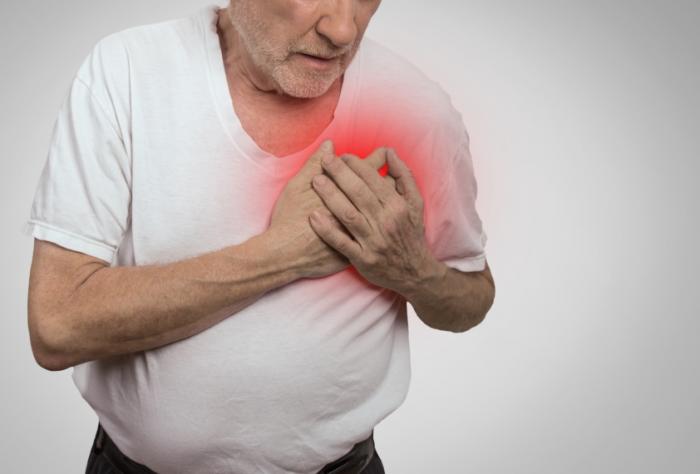Each year, millions of individuals are affected by various forms of coronary artery diseases, often grouped under the term acute coronary syndrome (ACS). These life-threatening conditions develop when blockages in the arteries impede or disrupt the essential blood flow to the heart.
Acute Coronary Syndrome covers conditions such as unstable angina, non-ST elevation myocardial infarction (NSTEMI), and ST-elevation myocardial infarction (STEMI).
What Causes Acute Coronary Syndrome (ACS)?
The heart muscles require a steady supply of oxygen-rich blood to operate optimally. The primary cause of a blocked coronary artery is typically the formation of a blood clot and fatty deposits (plaque) within the arterial walls.
Here’s a more detailed explanation:
ACS arises mainly due to plaque buildup in the coronary arteries—the vessels that deliver oxygen and vital nutrients to heart muscles. This plaque can lead to the formation of blood clots that interfere with the blood flow to the cardiac tissues.
The lack of oxygen may cause cardiac muscle cells to die, leading to myocardial infarction or heart attack. In instances where cell death does not occur, the oxygen deprivation still hinders the heart muscles’ functionality, which can be temporary or permanent. This is identified as stable angina if it doesn’t cause cell death.
Types of Acute Coronary Syndrome
ACS consists of three forms of coronary artery disease capable of impairing, damaging, or destroying heart tissues. The condition’s nature is determined by:
- The location of the blood blockage in your heart.
- The duration of the obstruction.
- The degree of damage inflicted.
Let’s explore the three types of acute coronary syndrome:
Unstable Angina. This condition results in sudden and unexpected chest pressure or pain, even during rest. It represents a worsening of stable angina and serves as a red flag for an impending heart attack.
Non-ST-elevation Myocardial Infarction (NSTEMI). This partial blockage in the coronary arteries can be detected only through blood tests and not an electrocardiogram (EKG).
ST-elevation Myocardial Infarction (STEMI). A more severe type of heart attack, STEMI is diagnosed using both blood tests and EKGs. It occurs due to a prolonged and complete blockage of blood flow to a significant part of the heart.
Acute Coronary Syndrome Symptoms
Symptoms of ACS commonly manifest suddenly and may include:
- Chest pain or discomfort described as aching, pressure, tightness, or burning
- Pain radiating to the arms, shoulders, upper abdomen, back, neck, or jaw
- Nausea or vomiting
- Indigestion
- Shortness of breath (dyspnea)
- Sudden, extensive sweating (diaphoresis)
- Dizziness, lightheadedness, or fainting
- Unusual or unexplained fatigue
- Feelings of anxiety or restlessness
Chest pain or discomfort is the most prevalent symptom. However, the signs can vary widely based on age, sex, and underlying medical conditions. Women, older adults, and individuals with diabetes might experience symptoms without significant chest pain.
Acute Coronary Syndrome Risk Factors
The risk factors for acute coronary syndrome are similar to those of other heart diseases. These include:
- Age
- High blood pressure
- Elevated cholesterol levels
- Smoking
- Inactivity
- Poor dietary habits
- Overweight or obesity
- Diabetes
- Family history of heart disease, stroke, or chest pain
- History of high blood pressure, preeclampsia, or diabetes during pregnancy
- COVID-19 infection
